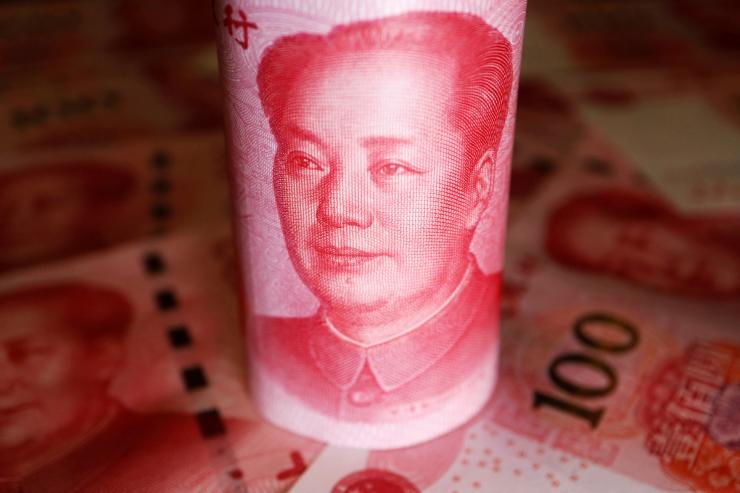The News
Credit ratings agency Fitch downgraded China’s outlook to negative over the economic uncertainty facing the country. Debt in China has grown in recent years, with government borrowing on the rise to fund large large-scale infrastructure projects. Meanwhile, real estate developers have struggled to remain liquid, with the sector grappling with huge levels of debt.
The “revision reflects increasing risks to China’s public finance outlook as the country contends with more uncertain economic prospects amid a transition away from property-reliant growth to what the government views as a more sustainable growth model,” Fitch said.
SIGNALS
Beijing pushes back on credit agency’s decision
A spokesperson for China’s finance ministry called Fitch’s decision to downgrade the outlook “regrettable,” and insisted its economic plans were “moderate and reasonable,” Chinese state news agency Xinhua reported. But the downgrade aligns with China’s ongoing economic issues, Alicia Garcia Herrero, Asia-Pacific chief economist at Natixis, told Al Jazeera. “We know that 10 provinces have been asked to cut infrastructure spending. So the pressure is there quite clearly,” Garcia Herrero said.
Xi Jinping is trying to remake China’s economy
jumpstart the economy. Beijing’s top officials are trying to steer the country towards a new age of manufacturing prowess, the Financial Times reported — but the effort is causing skepticism amongst Western nations, which are trying to subvert China’s dominance of several markets. For Xi’s plans to work, “China must expand its share of global manufacturing. That needs to be accommodated by the rest of the world. The rest of the world is unlikely to do that,” Michael Pettis, a senior fellow with Carnegie China, told the FT.
Overcapacity is a key part of China’s economic plans
On a recent trip to China, U.S. Treasury Secretary Janet Yellen warned Beijing about “overcapacity,” and against flooding key sectors with Chinese-manufactured goods, thereby forcing out Western competition. But “the West needs to recognize that overcapacity is intrinsic to China’s economic model — and therefore that calls to end it amount to wishful thinking,” Hung Tran, with the Atlantic Council’s GeoEconomics Center, wrote. It’s likely that China will consolidate companies that are producing the most surpluses, he argued. “However, the result could be more efficient and competitive enterprises,” which will continue to challenge “producers in the West and a few developing countries aspiring to develop their manufacturing industry.”



